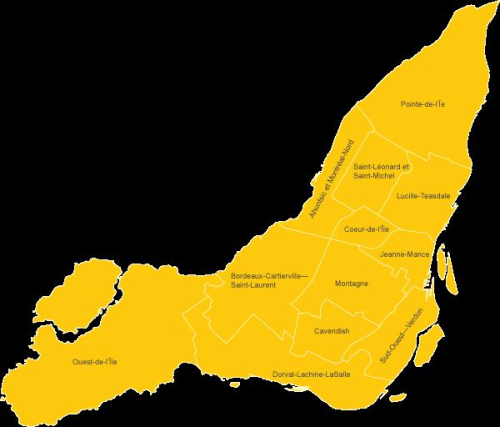
Oups, this website is outdated! But Dialogue McGill has a new website!
Better communication for better access
Agence de la santé et des services sociaux de Montréal
CSSS d’Ahuntsic et Montréal-Nord, CSSS de la Pointe-de-l’Île, CSSS de Saint-Léonard et Saint-Michel, CSSS Lucille-Teasdale, CSSS de la Montagne, CSSS de Bordeaux-Cartierville–Saint-Laurent, CSSS de Dorval-Lachine-LaSalle, CSSS du Cœur-de-l’Île, CSSS du Sud-Ouest–Verdun, CSSS Jeanne-Mance

The objective of the regional training project is to increase the quality and accessibility of English-language services for the English-speaking community, in accordance with the regional program for access to services in English. This project will allow the Agency to continue offering English as a Second Language training in order to increase the network’s capacity to offer services in English to the English-speaking population. In this way, the Agency will support institutions involved in the regional program for access to English services in their efforts to adhere to their obligations with regard to accessibility of services in English.
In winter 2010, the Agency mandated the CROP firm to assess the 2007-2010 access program. During this assessment, CROP met with respondents from 52 institutions in the region with obligations under the access program. Several of them have expressed their desire to improve their employees’ language skills. Although, according to the CROP study, access to services in English seems rather solid in institutions “designated” in the access program, it is more delicate in “indicated” institutions, especially in certain territories with fewer English-speaking persons. In addition, several respondents mentioned the need to strengthen access to services in English offered by “indicated” CSSS.
In their action plans, the MSSS and the Agency attach great importance to strengthening and developing frontline services and the CSSS role as the gateway to the network. The first target for the English as a Second Language training will be the CSSS. In 2009-2010, five CSSS participated in the English as a Second Language training program. These institutions will again participate in the training program because some participants have not yet reached the level of English required to perform their duties. Furthermore, the five other CSSS indicated in the access program will benefit from the program. Because learning a language can extend over several sessions, it is expected that most participants from the last two years of the program will be from the same institutions.
Intake (60), Health (117), Social (129)
Total: 306
The courses will take place on the institutions’ premises.
A lump sum is granted to the institution for each day an employee participates in the course. This funding allows the institution to defray a portion of the expenses incurred by the training (replacement, travel, overtime). Two hundred ninety-six of the 306 participants are covered by this measure.
Collège Champlain – Campus Saint-Lambert